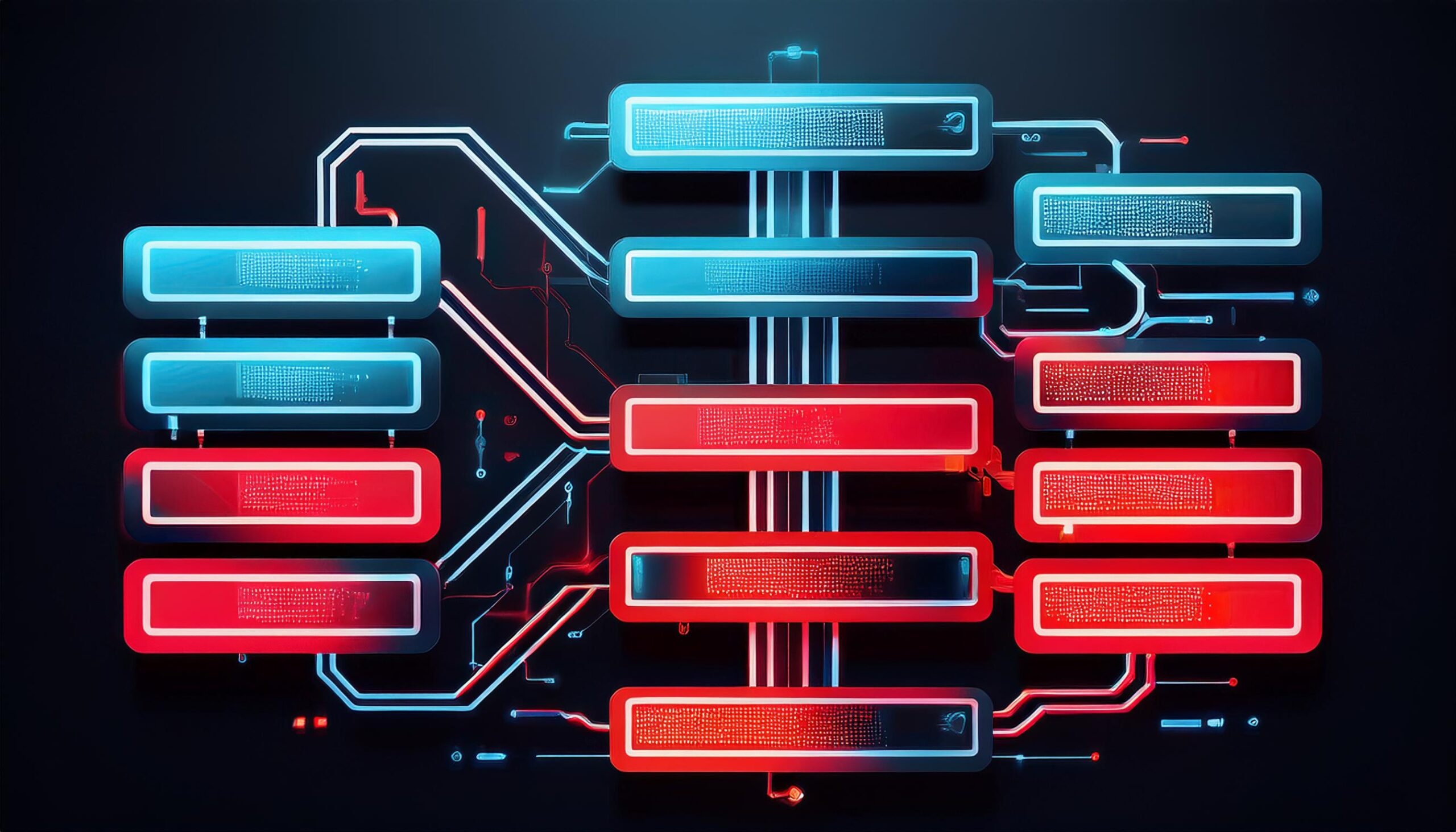The Dark Web Demystified: What it is, How it’s Used, and Why it Matters for Cybersecurity
The Dark Web, often shrouded in mystery and sensationalism, is a part of the internet that is intentionally hidden from conventional search engines and requires specific software to access. While it is frequently associated with illegal activities, it’s important to understand its broader implications and its significance in the realm of cybersecurity.
What is the Dark Web?
The Dark Web is a collection of websites that exist on darknets, overlay networks that use the internet but require specific authorization or software to access. Unlike the surface web, which is readily accessible to anyone with an internet connection, the Dark Web operates anonymously and is not indexed by traditional search engines.
To access the Dark Web, one typically uses the Tor network, which encrypts traffic and routes it through multiple relays to obscure the user’s location and identity. This anonymity has attracted a wide range of users, including those seeking privacy, whistleblowers, journalists, and unfortunately, criminals.
How is the Dark Web Used?
The Dark Web serves as a platform for various activities, both legitimate and illicit.
On the legitimate side, it provides a safe haven for individuals living under oppressive regimes to communicate and access information freely. It also serves as a platform for whistleblowers to expose corruption and wrongdoing without fear of reprisal.
However, the Dark Web is also notorious for its association with illegal activities. It has become a marketplace for the sale of drugs, weapons, stolen data, and other illicit goods and services. It also hosts forums and communities where hackers exchange information and collaborate on cyberattacks.
Why the Dark Web Matters for Cybersecurity
The Dark Web’s anonymity and the illicit activities it harbors pose significant challenges for cybersecurity professionals. It serves as a breeding ground for cyber threats, making it crucial for organizations to understand its dynamics and the potential risks it presents.
Here are some key reasons why the Dark Web matters for cybersecurity:
- Cybercrime Marketplace: The Dark Web is a thriving marketplace for cybercriminals to buy and sell stolen data, malware, and hacking tools. This makes it easier for even low-skilled individuals to launch cyberattacks, increasing the overall threat landscape.
- Early Warning System: Monitoring the Dark Web can provide valuable insights into emerging cyber threats and vulnerabilities. By tracking discussions and activities on hacker forums, organizations can proactively identify and mitigate potential risks.
- Data Leak Detection: The Dark Web is often the first place where stolen data appears after a breach. Monitoring the Dark Web for mentions of an organization’s name or sensitive data can help detect breaches early and enable swift incident response.
Conclusion
The Dark Web is a complex and multifaceted part of the internet. While it harbors illegal activities, it also serves as a platform for privacy, free speech, and whistleblowing. Understanding its dynamics and the potential risks it presents is crucial for cybersecurity professionals and organizations seeking to protect their digital assets.
By actively monitoring the Dark Web, organizations can gain valuable insights into emerging threats, detect data breaches early, and proactively defend against cyberattacks. The Dark Web may be hidden from plain sight, but its impact on cybersecurity is undeniable.
